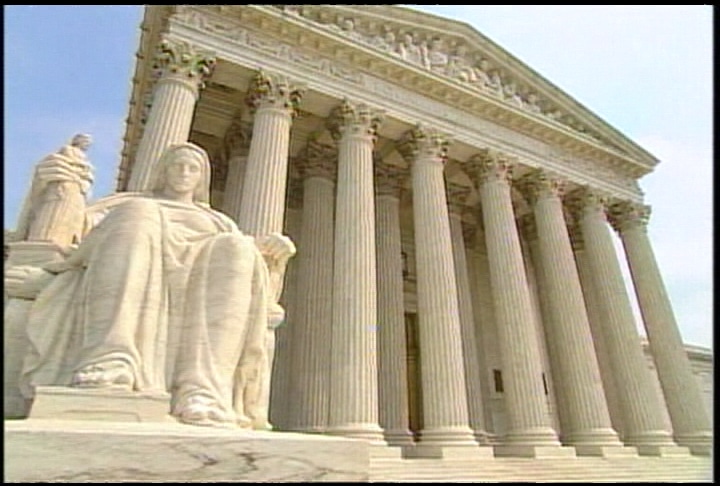The Supreme Court handed down a ruling today in Kellogg Brown & Root v. United States ex rel. Carter, holding that whistleblowers don’t get extra time to file civil false-claims lawsuits when the United States is at war. However, the Court was unanimous in finding that it was improper for the trial court to dismiss Carter’s one live claim under the first-to-file rule.
Justice Samuel Alito wrote the opinion for the Court stating, “Not only does petitioners’ argument push the term ‘pending’ far beyond the breaking point, but it would lead to strange results that Congress is unlikely to have wanted.”
Stephen M. Kohn, the executive director of the National Whistleblower Center and an author of the NWC’s amicus brief, made the following statement about the Court’s ruling:
“Today the Supreme Court ‘split the baby’ in a very important whistleblower case. The Court did not expand the statute of limitations for filing False Claims Act cases, but kept in place the current filing period which gives whistleblowers at least 6 years to file a claim. This was not an unexpected ruling.”
“However, the Supreme Court rejected arguments raised by KBR and the Chamber of Commerce what would have severely restricted the right of whistleblowers to disclose fraud. KBR and the Chamber wanted any dismissal of a fraud case to cut-off, forever, the right of other whistleblowers to file a valid fraud claim on the same underlying misconduct. Under KBR’s interpretation of the “first to file” rule, of anyone, including a wrongdoer, filed a False Claims Act lawsuit, and later had the claim dismissed for any reason whatsoever, legitimate whistleblowers would have been barred from filing a valid fraud claim, and the ability of the United States taxpayers to obtain a reimbursement for the fraud would have been waived forever. The Court clearly understood that this result would have been absurd.”
Related links:
Supreme Court’s decision, Kellogg Brown & Root v. United States ex rel. Carter
National Whistleblower Center’s amicus brief, Kellogg Brown & Root Services, Inc. v. United States ex rel. Carter.
